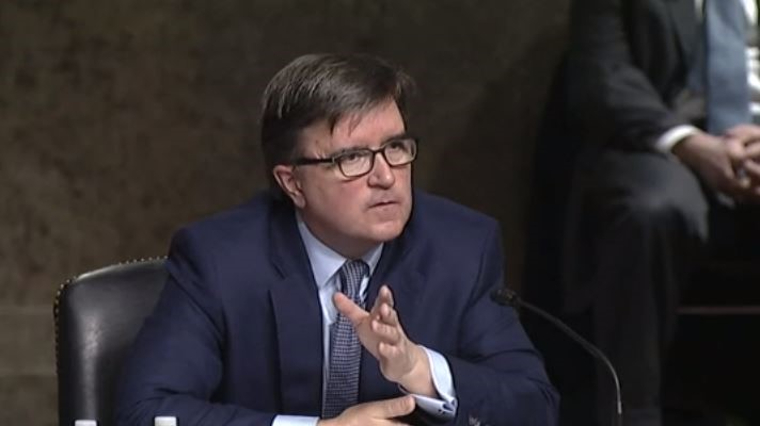MODERATOR: Thank you very much. Our next question goes to Carien du Plessis from Business Day, South Africa. Carien, you can unmute yourself and ask your question.
QUESTION: Thank you so much. I hope I’ve unmuted myself successfully. I am a freelance journalist; I’m writing a story for Business Day. My question is President Ramaphosa was recently on a visit to the White House and he said he raised the issue with President Biden, basically arguing that sanctions weakened the economy of Zimbabwe and that has (inaudible) South Africa because we get a lot of economic migrants here and that’s causing – sort of stoking xenophobic sentiment. Is that taken into consideration in reviewing the – yeah, in the recent changes in sanctions against individuals and businesses in Zimbabwe? Thank you.
AMBASSADOR O’BRIEN: Thanks. This is Jim O’Brien. So I’ll start by saying that I can’t characterize the conversations between the two presidents. My trying to do that would make me a freelancer very quickly. But I do think you can say that it’s an example of the kind of consultation that we prize, and that’s also something on which we can never do enough and we’ll continue to do better. So having conversations with obviously the neighbors, with important regional powers, SADC, the AU, and others is a – was very important in the recent changes, and will continue to be as we review the program.
And I think particularly because you’re speaking with – on behalf of Business Day, but to others as well, I want to echo the point that Jim Mullinax just made. We’re well aware that in difficult environments, companies may decide not to be involved for a host of reasons. And one of those reasons may be the risk that either new sanctions will be put in place or current sanctions are not clear. But it’s also the case that our sanctions call out behaviors that businesses want to avoid. So when we talk about corruption and the abuse of public services, companies often want to stay far away from places where those are features of the business environment.
We are, however, willing to always speak with businesses or work with those who fear that our sanctions are getting in the way of legitimate business activity. So if you – if there are – there are always sort of rumors that someone is staying away due to our sanctions, but if that ever gets chased down to a specific company and that company wants to talk to us, we’re very happy to do that. Jim and I spend a great deal of our time working with companies so that they can feel comfortable in difficult environments.
So overcompliance is a thing that we try to address through communication, both direct and publicly, but I’d also say it’s incumbent on all of us when we hear these stories to realize that there are steps that could be taken to address those concerns, and we’re very happy to be part of a discussion in that regard. Over for me.
MODERATOR: Thank you very much. We are getting up to the end of our briefing, and so I’d like for our last question to go to Simon Ateba from Today News Africa. Simon, you can unmute yourself and ask your question.
QUESTION: Yes, thank you for taking my question. This is Simon Ateba with Today News Africa in Washington, D.C. More broadly, since you talked about corruption and bad behaviors that prompt sanctions, what will you say to people who believe that the U.S. actually sanctioned people who don’t have money? For instance, the current prince of Saudi Arabia – he killed Khashoggi, has been oppressing his people, and recently disrespected President Biden by increasing oil prices to help Putin massacre Ukraine, but he’s not being sanctioned. He is – nothing is happening to him. And here we are sanctioning people in Zimbabwe and different African countries. Thank you.
Continued next page
(256 VIEWS)


